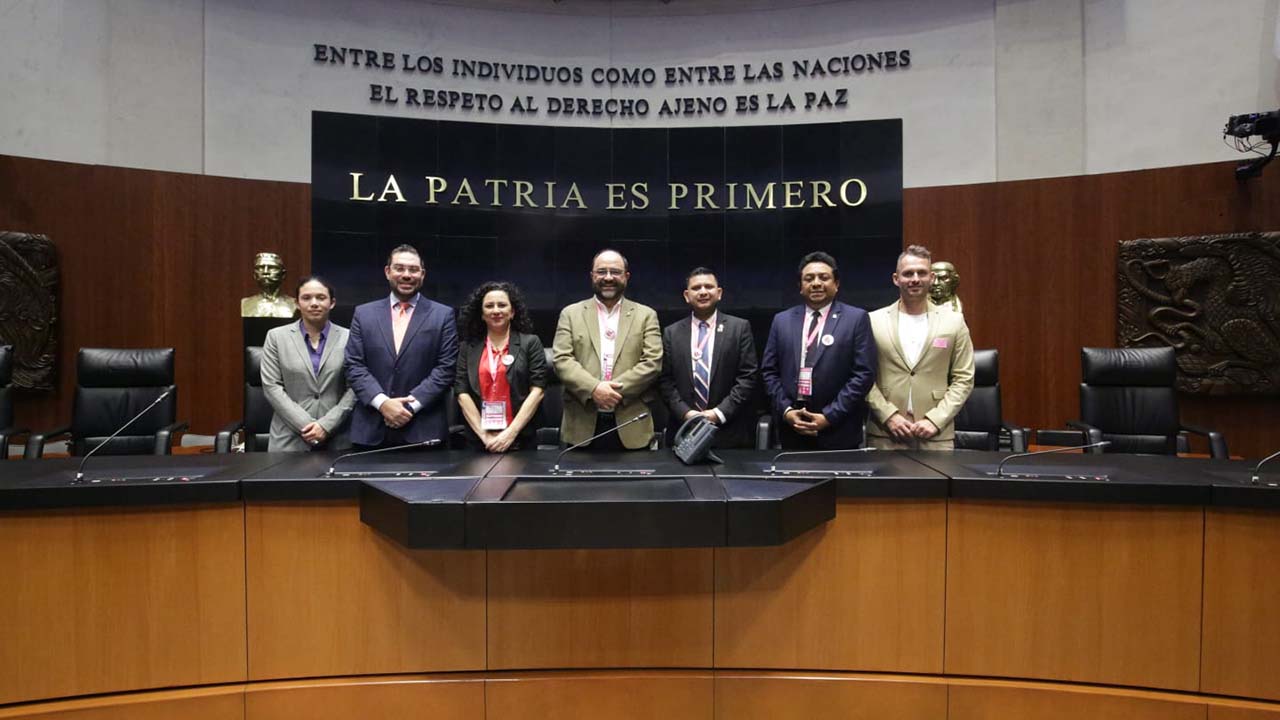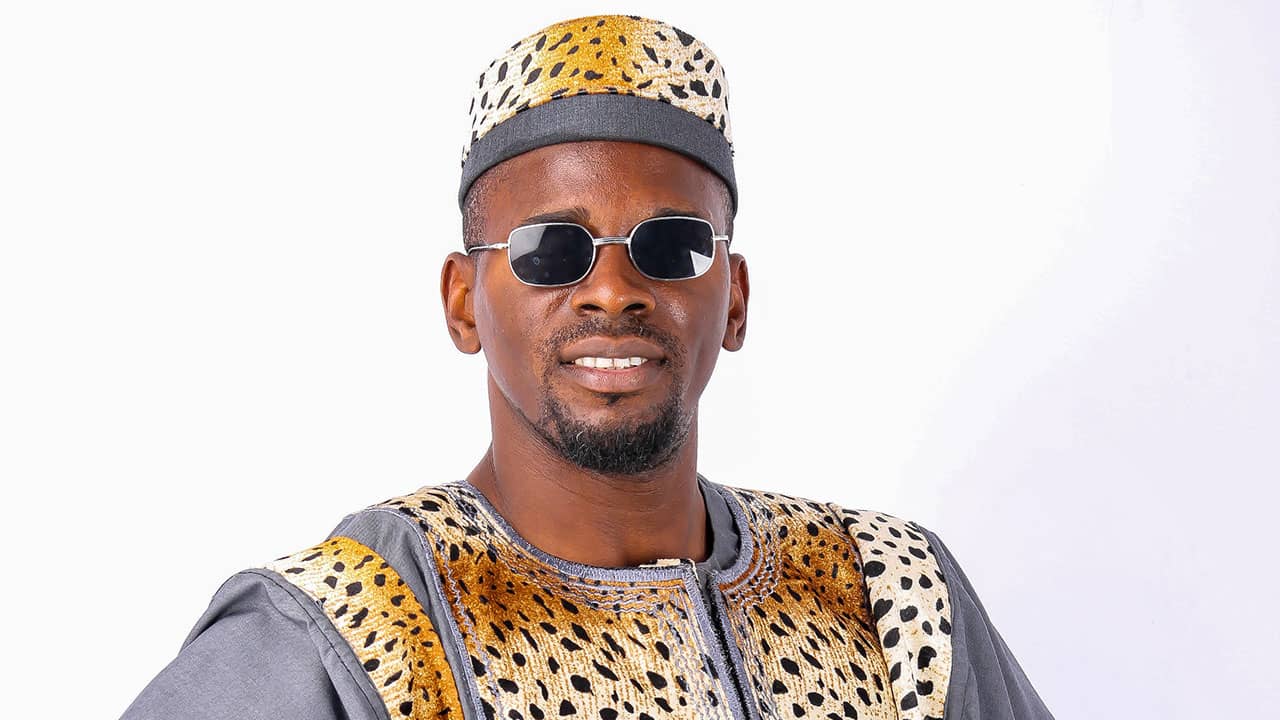
From 20-22 July 2023, a Parliamentary Delegation of PGA Members from Honduras participated in the VI Conference of LGBTI Political Leaders in the Americas and the Caribbean, organized by the Victory Institute and its partners, in Mexico City. As part of its Campaign against Discrimination based on Sexual Orientation and Gender Identity (SOGI Campaign), PGA seeks to provide a safe space for dialogue between Latin American and Caribbean legislators, and with civil society representatives on the inclusion of LGBTQI+ persons at all levels of political leadership in the region. Prominent LGBTQI+ Members of Parliament and political leaders, including from Brazil, Colombia, Guatemala, Mexico, Peru and the United States, participated in the debates.
This event was a learning opportunity for the parliamentary delegation composed of Dip. Ramón Barrios, President of the Legislation and Constitutional Affairs Committee, Dip. Ligia Ramos, Member of Justice and Human Rights Committee, Dip. Jorge Calix, Member of the Legislation and Constitutional Affairs Committee and Dip. Victor Grajeda, activist and first openly gay legislator in the National Congress. Dialogue with other legislators and community leaders led to a greater understanding of the situation of LGBTQI+ persons in the region, and informed brainstorming strategies to increase the visibility and political participation of LGBTQI+ persons. The peer-to-peer discussions allowed for a comparative analysis of the legislative and policy framework of countries in the region.
Dip. Victor Grajeda expressed his appreciation for having the opportunity to be included in such a space, where he found a strong network of supportive LGBTQI+ elected officials and allies from the region and civil society members from his own countries.
Many speakers discussed the concept of intersectionality, which allows for a multidimensional approach to inclusion of LGBTQI+ persons who often have multiple marginalized identities and experience different forms of discrimination, including on the basis of race, disability and/or sex. Dip. Ligia Ramos shared some key takeaways from her participation in this event.
Democracy requires equality. Political leaders have a great responsibility in ensuring that all communities are represented, including LGBTQI+ persons, and adopt policies and legislation increasing their representation in parliament. Fundamentalism and anti-gender movements are a threat to democracy and its values worldwide. Jessica Stern, U.S. Special Envoy to Advance the Human Rights of Lesbian, Gay, Bisexual, Transgender, Queer and Intersex (LGBTQI+) Persons, reminded the audience about the far reaching ramifications of the Anti-Homosexuality Bill of 2023 passed in Uganda, as the encapsulation of the severity of the threat to democracy. Jessica Stern also highlighted the progress made in the Caribbean and the role of strong partnerships in academia, civil society, government, parliaments, media, current and future political leadership to further LGBTQI+ inclusion.
Dip. Salma Luévano, first transgender woman to be elected to the federal Chamber of Deputies of Mexico, emphasized that beyond labels, we are all human beings. Violence can take on many forms, but one form – hate speech – also kills. Many reasons account for the rise of hate speech against LGBTQI+ communities. One of them is the influence of evangelical fundamentalists groups, spreading false narratives in a view to preserve what they consider as the “traditional family values”. Indeed, Dep. Duda Salabert, transgender woman, Member of the Chamber of Deputies in Brazil, and most voted candidate representing the State of Minas Gerais, explained that such extreme movements against inclusion have arrived in schools. There is a pressing imperative to ensure that everyone has a right to education. Democracy supposes rights. Our fight for LGBTQI+ inclusion is not only for democracy, but also for a different model of society. Speaking of her own country, Dep. Salabert shared that the Brazilian government considers LGBTQI+ persons as suffering from pathologies, which has severe economic consequences, furthering the marginalization.
In order to achieve LGBTQI+ inclusion, Patricia Jiménez, the first LGBTQ person elected to the Mexican Congress, emphasized the role of civil society organizations and activists who work in different areas such as education, health, and through concerted action are able to advance inclusion and factor in intersectionality. Mr. Victor Madrigal, United Nations Independent Expert on protection against violence and discrimination based on sexual orientation and gender identity, reaffirmed that all the political progress achieved to further inclusion has been thanks to the tireless work and advocacy of civil society. Mr. Madrigal added that, when political leader come to power, including Members of Parliament, we have to recognize that the ethical and political position must be to ensure continuity of the work and holding the door open for the next generation of leaders.
Advancing LGBTQI+ inclusion requires tacking issues in an intersectional and holistic approach, which is fundamental in a democracy. Poverty, climate change, and other topics are all interrelated and often affect the same communities. Bias and discrimination may transfer from one sphere to another, hereby compounding the discriminatory effects, hence why it is important to ensure diversity in the legislative branch, representing communities.
Very few persons in the Caribbean identify as part of the LGBTQI+ community. Although there have been some progress reversing buggery laws in countries such as Antigua and Barbuda, Barbados, St. Kitts and Nevis, it has only been achieved through the Courts and not thanks to political will. Brutality against LGBTQI+ personas remain high in the region and some countries have not done away with the inherited and hateful colonial laws. Political parties have a strong role to play in ensuring that their bylaws and policy documents include language on the inclusion and representation of LGBTQI+ persons.
Dip. Susel Paredes, lesbian Member of the Peruvian Congress, explained that fundamentalist movements are attempting to control sexual education. It is important to seek new advocates from different communities including indigenous populations, who have been traditionally disenfranchised and put in the margins of society. Rep. Andres Cancimance, Member of the Chamber of Deputies of Colombia, speaking on the situation in his own country, outlined how the Peace Process and Accord included a gender and sexual diversity dimension and brought about some interesting advances at the Ministry of Equality and Equity.
Stakeholders, including within political parties, must participate in building “peaceful and inclusive societies for sustainable development, access to justice for all and effective, accountable and inclusive institutions at all levels”.






